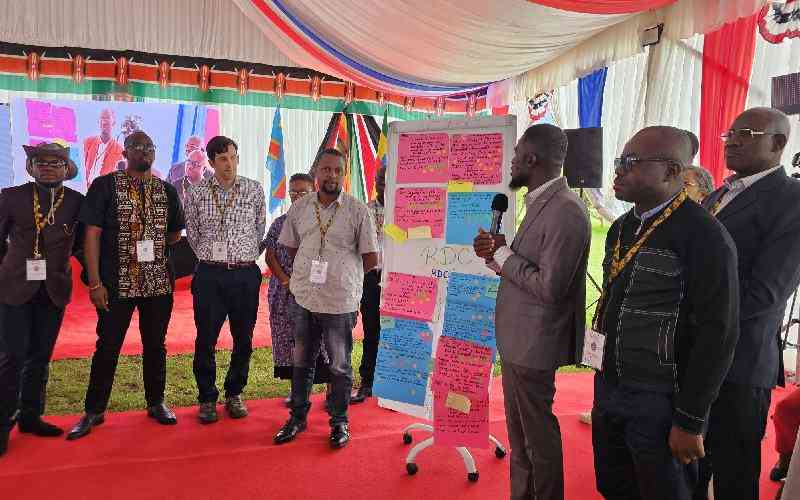×
The Standard e-Paper
Smart Minds Choose Us

As the curtains fell for a high level workshop on Humanitarian Development Peace (HDP) coherence in food crisis contexts, participants called for localised approach towards finding holistic and sustainable solutions.
The inter-relation between humanitarian, development and peace while dealing with shocks and disasters that affect the Horn of Africa featured prominently throughout discussions during the four-day event.